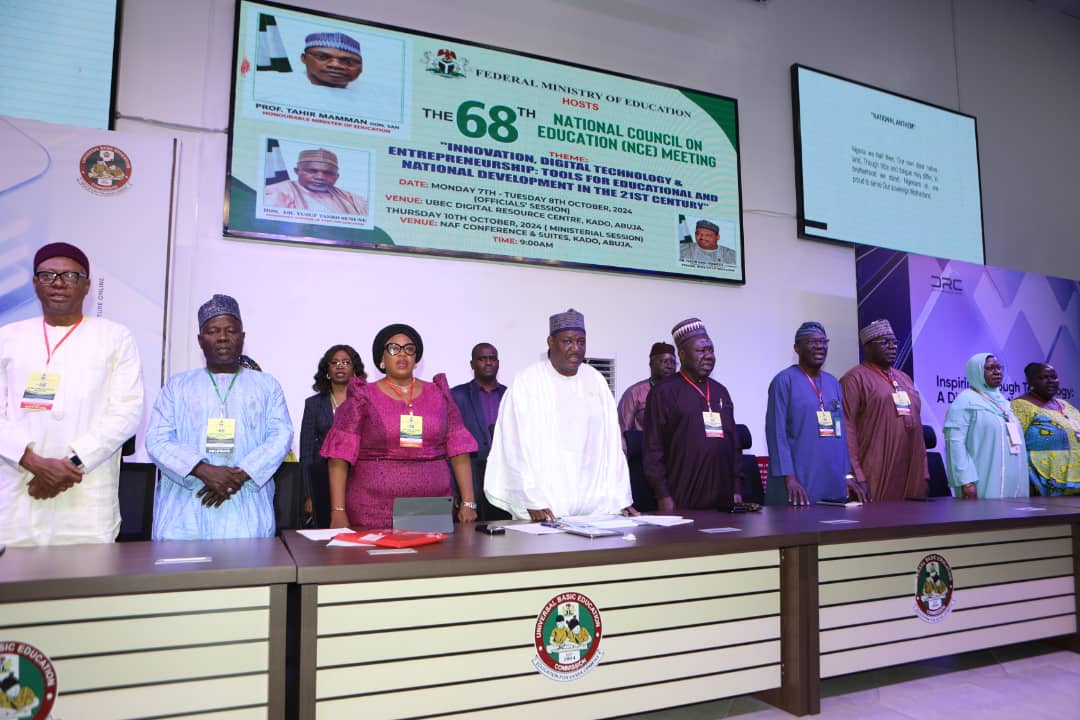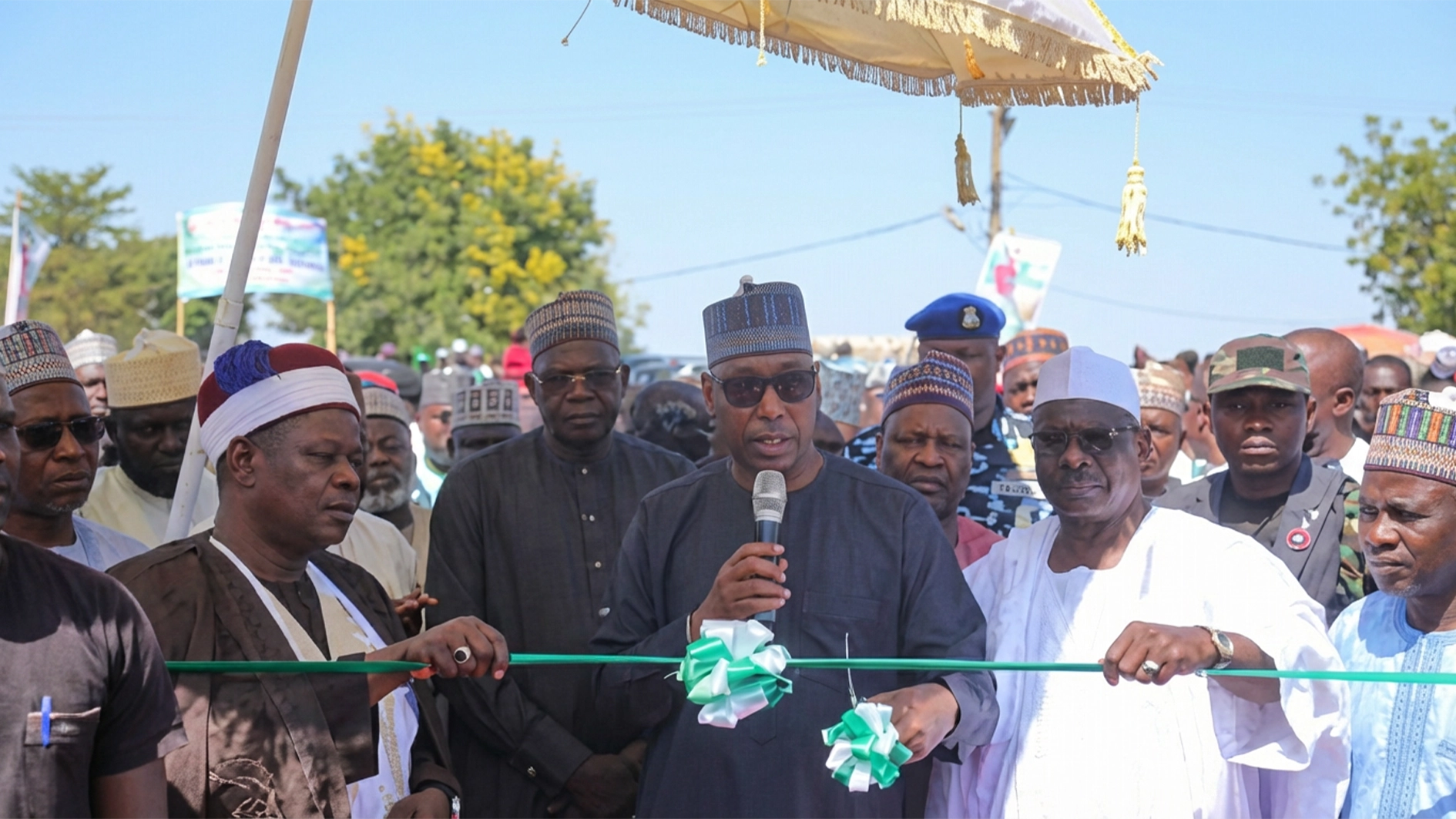
The Federal Government has introduced 15 different trades or skills in the newly introduced curriculum for basic schools in Nigeria, The Guardian can authoritatively report.
This comes as the Nigerian government has announced that the new curriculum, which is mandatory for all public and private schools across the country, will be implemented from Basic 3 to Junior Secondary School (JSS) 3.
It was gathered that the additional subjects cater to various trades and skills. Specifically, the new curriculum is expected to take effect from January 2025.
Recall that the new curriculum was unveiled last week at the opening session of the 68th National Council on Education (NEC) Meeting in Abuja, 12 years after the current one was launched.
It was gathered that some of the subjects were grouped into different sectors, including Basic Digital Literacy, Building and Construction, Events Decoration and Management, Services, as well as Agriculture and Processing.
Some of the subjects include Robotics, Make-up, Bee Keeping, and Plumbing, among others.
Confirming the development, Acting Executive Secretary of the Nigerian Educational Research and Development Council (NERDC), Dr. Margaret Lawan, said 15 different trades or skills were newly introduced for Basic Education.
The Acting Executive Secretary listed the subjects under Basic Digital Literacy to include Information Technology, Robotics, and others, while Building and Construction has subjects like Plumbing, Tiling, Floor Works, and POP Installation.
For hospitality and leisure, subjects include Events Decoration and Management, Bakery and Confectionery, Hair Styling, Make-up, and Interior Design, even as Services consisted of the following subjects: GSM Repairs, Satellite/TV Antenna/CCTV/Intercom Installation and Maintenance, Solar Installation and Maintenance, and Garment Making.
There is also Agriculture and Processing, which consists of Crop Production, beekeeping, Horticulture Production, Sheep and Goat Farming, Poultry, and Rabbit Farming.
On his part, the Director of Curriculum at NERDC, Dr. Garba Gandu, said the new curriculum is in line with current realities.
“It is a harvest of a lot of experiences gathered from different countries. It is competency and outcome-based. It is aligned with the Science, Technology, Engineering, Arts, and Mathematics (STEAM) initiative.
“And the disruptive technology aspect of it, in terms of digital literacy, has been captured greatly here, which means that our children are part and parcel of it. The interesting part of it also is that this is the most democratised curriculum that has happened in Nigeria because it addresses different contexts and stakeholders. It’s a whole representation of the needs that Nigerians are looking out for. I believe this will go a long way in turning around the basic education sub sector in Nigeria,” he said.
Speaking in a meeting with heads of examination bodies in Abuja on Monday, Education Minister Professor Tahir Mamman announced that the new curriculum for basic schools will commence in January 2025.
He said the revised curriculum aims to provide Nigerian students with a well-rounded education that prepares them for the challenges of the 21st century.
Prof. Mamman said it will also curb the out-of-school children menace bedevilling the country.
According to a recent report by the United Nations Educational, Scientific and Cultural Organization (UNESCO), a staggering 20 million children in Nigeria are out of school, underscoring the urgent need for interventions.
The Minister said the curriculum is mandatory for all public and private schools from Basic 3 to Junior Secondary School (JSS) 3.
He said the government would collaborate with all stakeholders to ensure effective delivery of the new curriculum and fine-tune it within the next three months before its implementation in January 2025.






